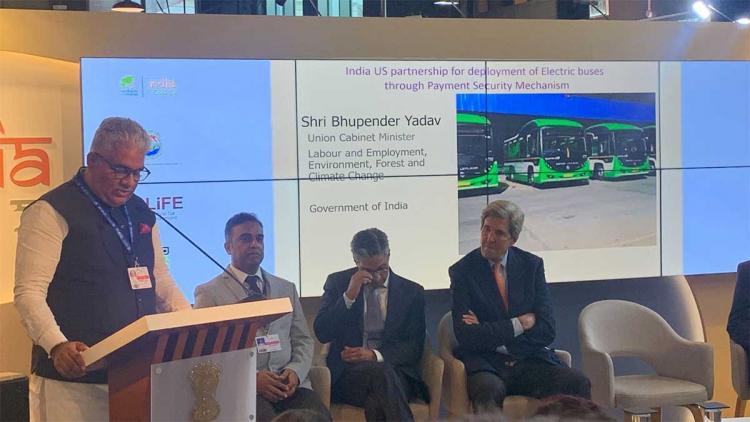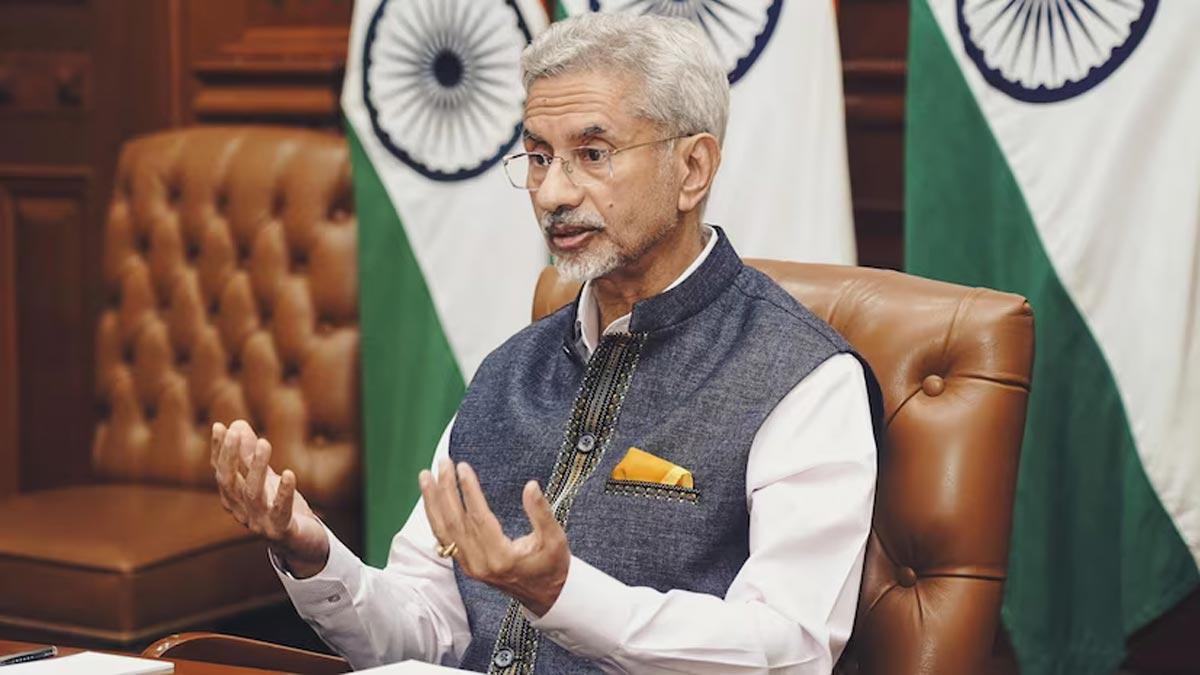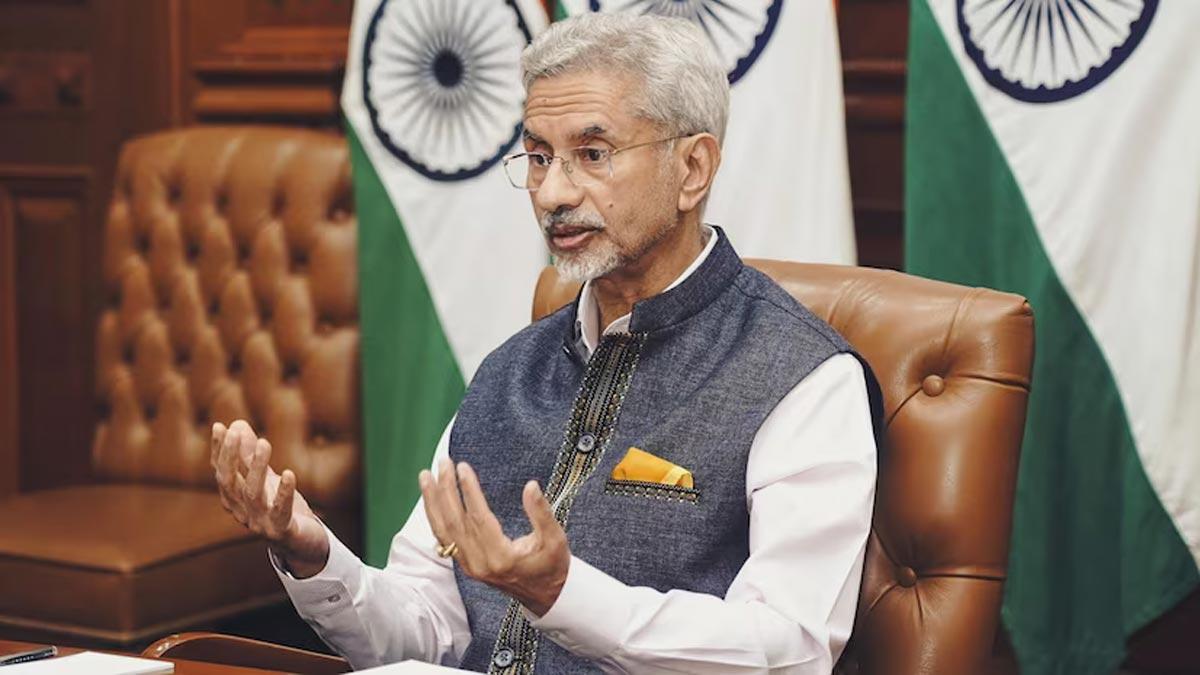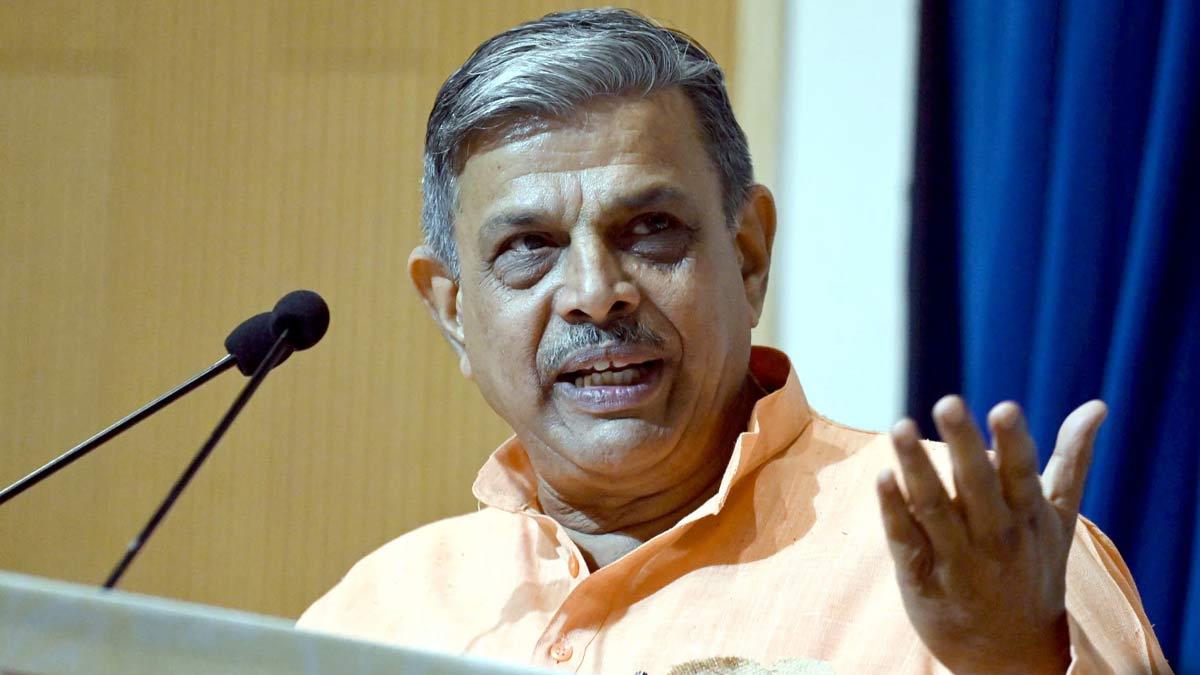India has surpassed the 2030 target by achieving 40% of its electric installed capacity from non-fossil fuel sources, according to Union Minister for Environment, Forest and Climate Change, Bhupinder Yadav. In his national statement at COP28, Yadav emphasized the importance of equity and climate justice as the foundation for global climate action, urging developed countries to lead ambitious efforts. He highlighted India's commitment to environmental initiatives, including Mission LiFE (Lifestyle for Environment) and the Green Credit Initiative. India has reduced emission intensity by 33% between 2005 and 2019, achieving the 2030 target 11 years ahead. Additionally, 40% of electric installed capacity is from non-fossil fuel sources, surpassing the 2030 goal by nine years. Yadav also outlined India's international contributions, such as the International Solar Alliance and the Global Biofuel Alliance.
Key Points
1. India has exceeded its 2030 target by attaining 40% of its electric installed capacity from non-fossil fuel sources, as stated by Union Minister Bhupinder Yadav.
2. Bhupinder Yadav, in his national statement at COP28, emphasized the crucial role of equity and climate justice as the basis for global climate action.
3. The minister called on developed nations to take the lead in ambitious climate efforts, underlining the significance of their proactive involvement.
4. India's commitment to environmental initiatives was underscored, including Mission LiFE (Lifestyle for Environment) and the Green Credit Initiative.
5. Remarkably, India has successfully reduced emission intensity by 33% between 2005 and 2019, achieving the 2030 target 11 years ahead of schedule.
6. The country has surpassed the 2030 goal for non-fossil fuel sources in its electric installed capacity by nine years, reaching an impressive 40%.
7. Bhupinder Yadav also outlined India's global contributions, citing participation in initiatives like the International Solar Alliance and the Global Biofuel Alliance.
8. The achievement highlights India's proactive stance in addressing climate change and its dedication to sustainable energy sources.
9. Mission LiFE and the Green Credit Initiative are among the domestic initiatives illustrating India's commitment to environmentally friendly practices.
10. India's success in emission reduction and reliance on non-fossil fuel sources showcases its progress and commitment to international collaborations for a sustainable future.
(With Agency Inputs)
Read also| US and China To Skip COP28 Summit in Dubai


















